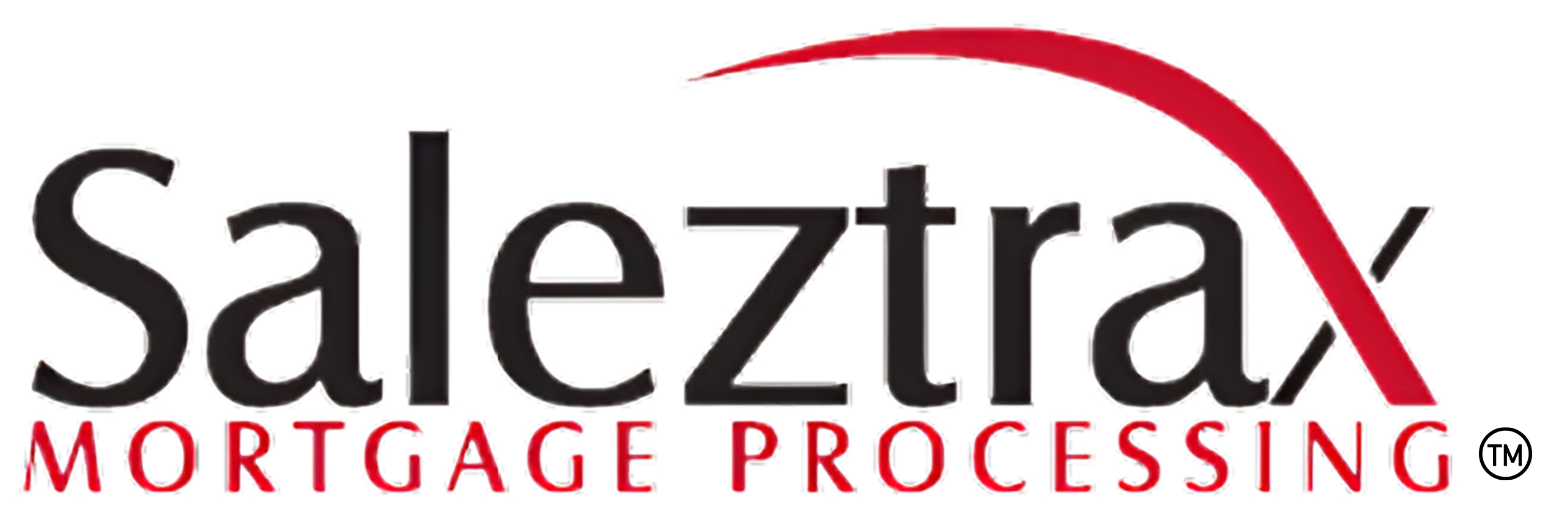Your medical debt may no longer hurt your credit score — here’s why
Original Source: www.cnbc.com
Medical debt will start falling off credit reports this summer. Here’s what you need to know.

If you have looming medical debts on your credit report, there’s relief on the way. The three largest credit bureaus, TransUnion, Equifax and Experian are removing cleared medical debts from consumers credit reports beginning in July. This means that if you’ve paid your medical bill in full and the debt is still sitting on your credit report as a negative mark, this negative mark will now be removed.
This is a relief for millions of Americans that are battling an estimated $88 billion in medical debt, according to a report published by the Consumer Financial Protection Bureau last month.
These debts have had significant long-term financial consequences on consumers as these paid debts that were sent to collections remained as a red-mark on their reports, leaving them with fewer options for housing, loans and credit cards. Moreover, studies show that these debts can rollover into further medical issues such as stress and high blood pressure — leading to even more medical debt.
So if you’ve had medical debt in recent years, or are currently dealing with it, there’s change on the way that can potentially benefit your credit score — and overall financial health.
Select investigated the decision by the credit bureaus, what it means for consumers and how to handle your current or past medical debt.
Medical debt on your credit report may soon disappear
On Friday, it was announced that medical debt remarks will be wiped away from millions of credit reports beginning this summer. The move will wipe away an estimated 70% of negative medical debt remarks, giving many a hopeful jump in their credit score.
Here are the details of the new changes effective July 1:
- Paid medical debt that was in collections will no longer be included on consumer credit reports
- You’ll have more time before unpaid medical debt is reported on your credit report: Unpaid medical debt that is currently in collections for one year will be reported on credit reports. This is an increase from six months that was enacted in 2017.
- Starting in the first half of 2023, Equifax, Experian and TransUnion will no longer include medical debt in collections under $500 on credit reports
Jeff Smedsrud, the co-founder of HealthCare.com and a RIP Medical Debt board member said this is a “tremendous thing” for consumers as medical debt is a financial killer for many — not just the elderly or those with medical conditions. In a recent Healthcare.com survey, all living generations indicated their medical debt has harmed their credit scores, with millennials being the highest at 52%.
And while negative credit score remarks can create long-term financial consequences, medical debt creates a situation where immediate sacrifice is also needed. The same survey indicated one in four Gen Zers and Millennials with medical debt skipped rent or mortgage payments because of their debt. Being late on your mortgage payment can also harm your credit score.
But in recent years, the numbers of Americans with medical insurance has risen dramatically — so where did this mountain of medical debt come from?
How does medical debt work?
Smedsrud summarized medical debt simply: “It’s complicated, its messy.”
The assumption among many Americans is that if they’re insured, their bills will be taken care of. Unfortunately, that isn’t the case. When you have a medical insurance policy, it’s vital to review the Explanation of Benefits (EOB) provided to you by your insurance company. This will let you know what is and isn’t covered by your insurance policy.
Once your insurance company is billed by the medical provider for services, the provider will bill you for the remaining balance that your insurance company didn’t cover. They’ll attempt to collect the remaining balance through phone calls or letters in the mail. If you don’t pay your bills after several months, the debt is sold to a medical collections agency to try and collect on it. And that’s when your credit score can be negatively impacted.
With the new reporting policy announced, this debt will not appear on your credit score for one entire year. After that one year passes, your credit score will then be dinged if what you owe is over $500.
If you have a large amount of medical debt and don’t pay, the medical provider or debt collector could potentially file a lawsuit to collect on the debt, which could lead to garnished wages. While this only happens in a small amount of cases, it doesn’t mean that it couldn’t happen to you. Between 2018 and 2020, more than a quarter of the nation’s largest hospitals and health systems pursued nearly 39,000 legal actions regarding consumer medical debt, according to a ProPublica report.
So if you’re receiving letters about pending medical debt, Smedsrud suggests the following steps:
- When you get a bill, notify them you’ve received the bill.
- Declare to the provider there are potentially mistakes on the bill. Numbers vary on this, but one study estimates up to 80% of medical bills contain errors.
By doing this, you’re ‘freezing’ the clock on when the provider will label the debt in default, and sell it to a collections agency. This can give you more time to pay what you owe, as well as potentially reduce what you owe if there are real errors on your bill(s).
How to eliminate medical debt and improve your credit score
Smedsrud warns that while this announcement is good news, it “does not eliminate medical debt, and doesn’t eliminate all medical debt on credit reports.” And he’s right.
Regardless if you owe $250 or $50,000 in medical debt, this announcement doesn’t alleviate your responsibility to pay the debt.
However, there are several things you can do to start paying down your medical debt today:
- Call the medical provider and negotiate: Smedsrud mentioned that, “providers are more than willing to settle on these things.” They’re willing to get paid something, rather than nothing. So give them a call, review the charges together, and try to negotiate a deal with them. It could be a lower lump-sum payment, or even a payment plan with no interest. He added that, “you’d be surprised, they will take 25 or 50 cents on the dollar.”
- Work with independent advocates and government agencies: Smedsrud urged consumers to be their own advocate when it comes to medical bills and debt. Organizations like RIP Medical Debt, HealthWell Foundation and the Patient Advocate Foundation work with individuals to help pay off medical debts. And if you qualify for Medicaid, you can potentially be eligible to have retroactive medical bills covered as well. So if you’re in a bind, it may be worth reaching out to see what services they could offer you.
- Consider debt consolidation: If you have one or more medical debts and simply would rather pay it off, you may consider debt consolidation through a personal loan from Marcus by Goldman Sachs. This would get the medical provider or collections agency off of your back, eliminate any potential negative credit score remarks and you can pay it off at a more reasonable pace.
Apply for a 0% APR credit card: If you’re credit score hasn’t been severely damaged, you may qualify for a introductory no-interest offer credit card like the Wells Fargo Active Cash℠ Card. By paying your debt off with a 0% intro APR card, you can pay off the medical provider or collections agency, and pay the credit card issuers at a pace that you may be more comfortable for you. And you may be able to earn some credit card rewards along the way.
Sign up for a credit monitoring service: You may consider signing up for a credit monitoring service such as CreditWise to get a sense of what remarks are on your credit report. By using a credit monitoring service, you can get regular updates on your credit report, and any activity involving it. And since more than one third of credit reports have errors, your score could potentially be weighed down by an incorrect mark. So signing up for a service like this can highlight past remarks, as well as immediately notify you of new credit inquiries.
Bottom line
The recent announcement from the credit bureaus is a great sign for consumers who have paid their medical debts back, but are still suffering from negative marks on their credit score. However, for those still dealing with overdue debts, there are resources available for you to tackle a stressful financial situation.
Subscribe to our blog and stay up to date about changes in the market that effect buyers. Or contact us to learn more about mortgage processing services.













